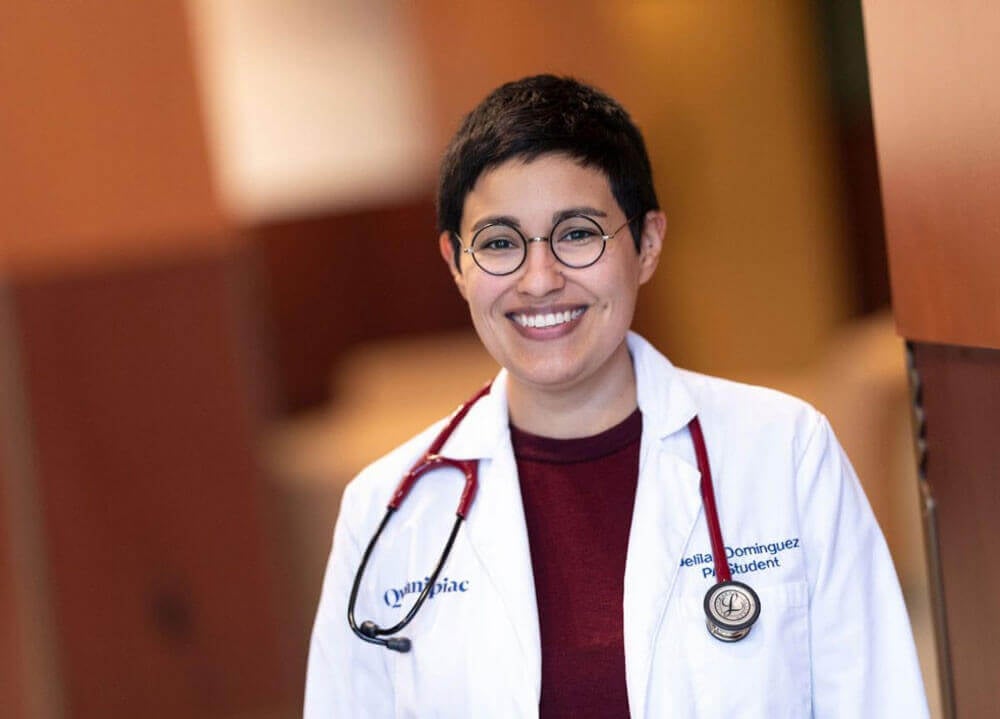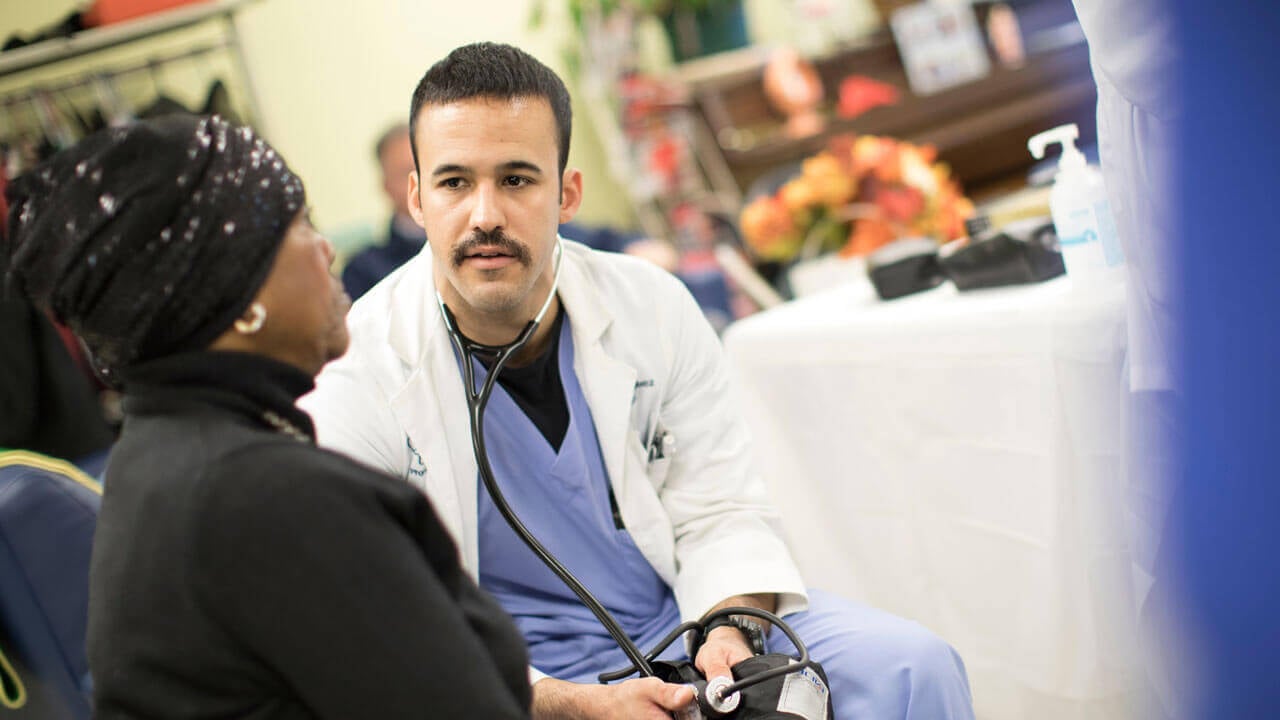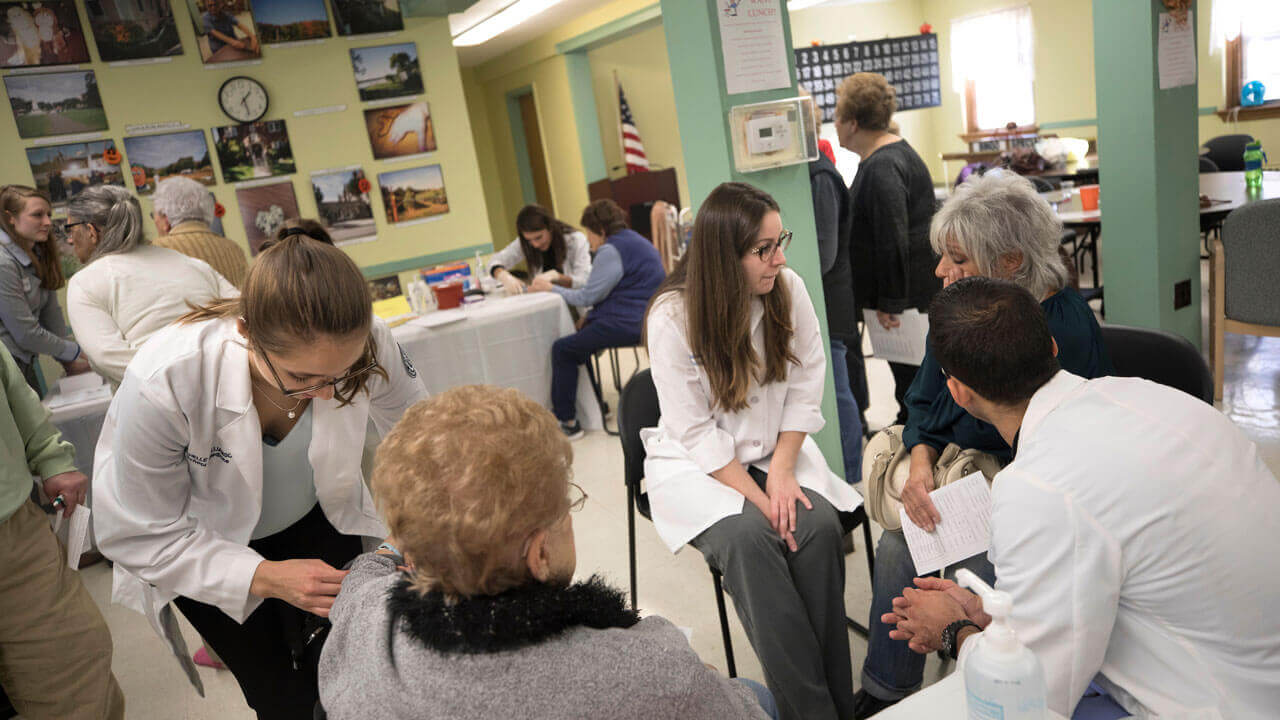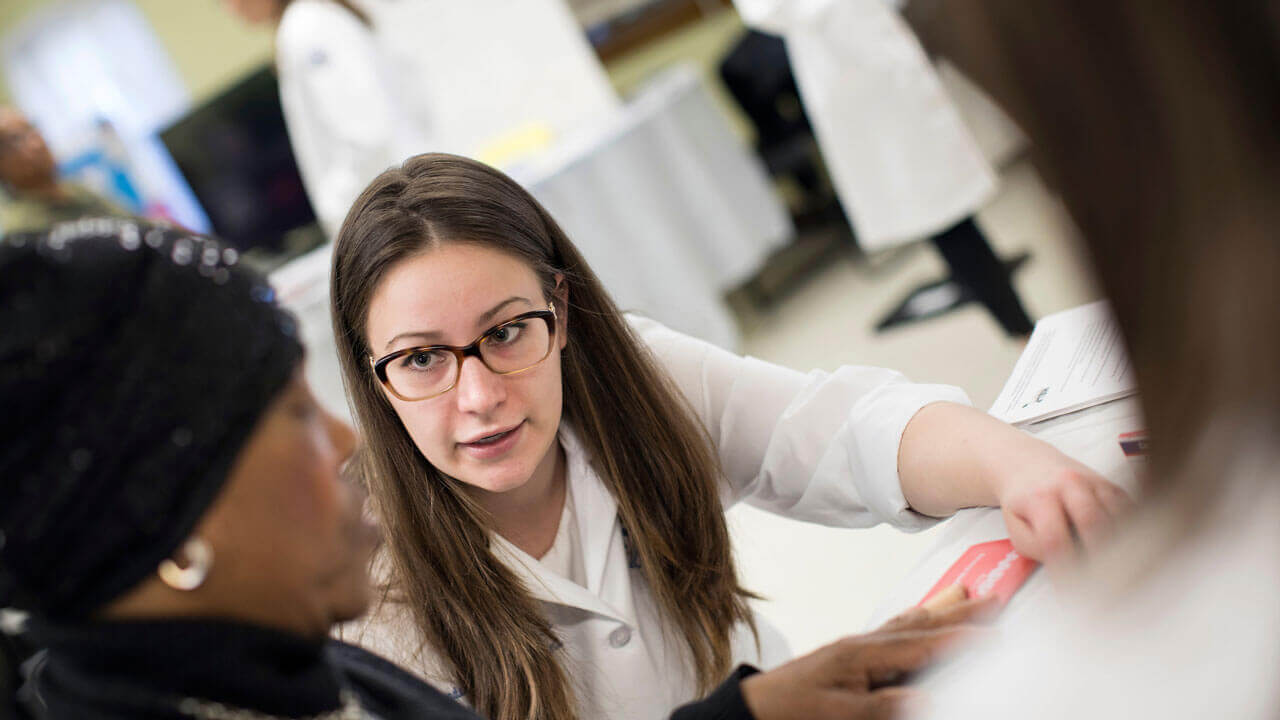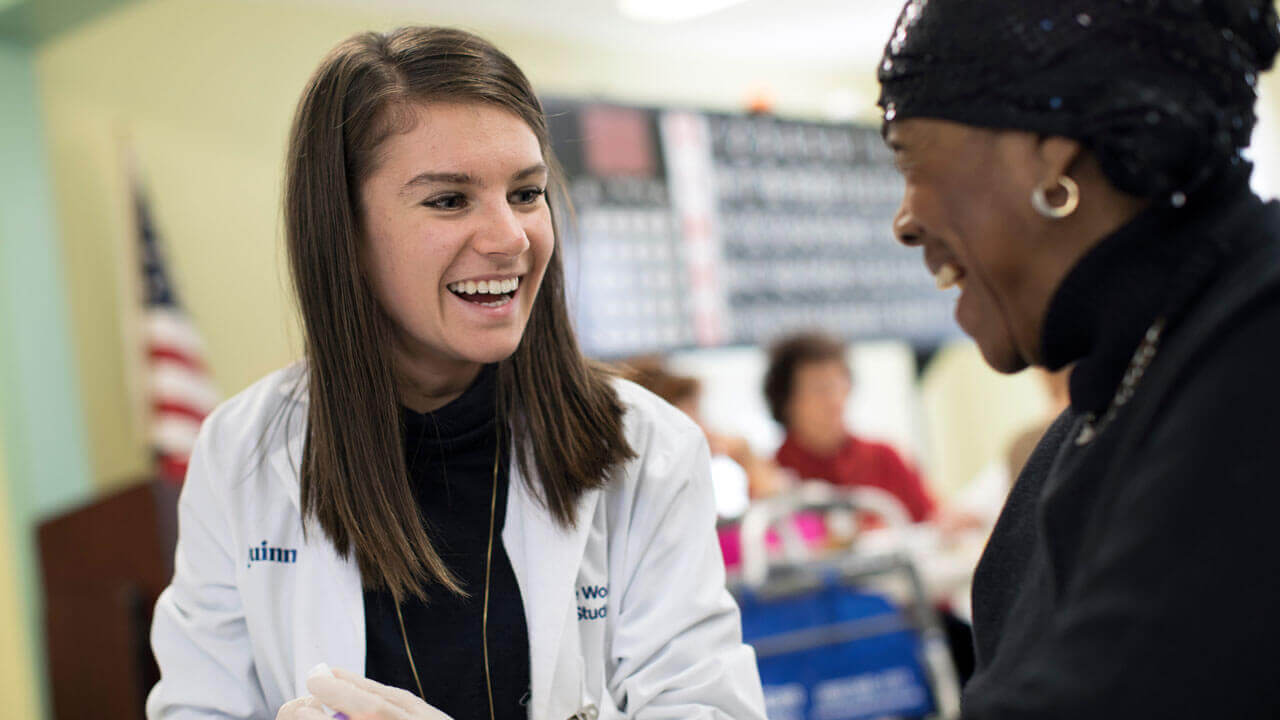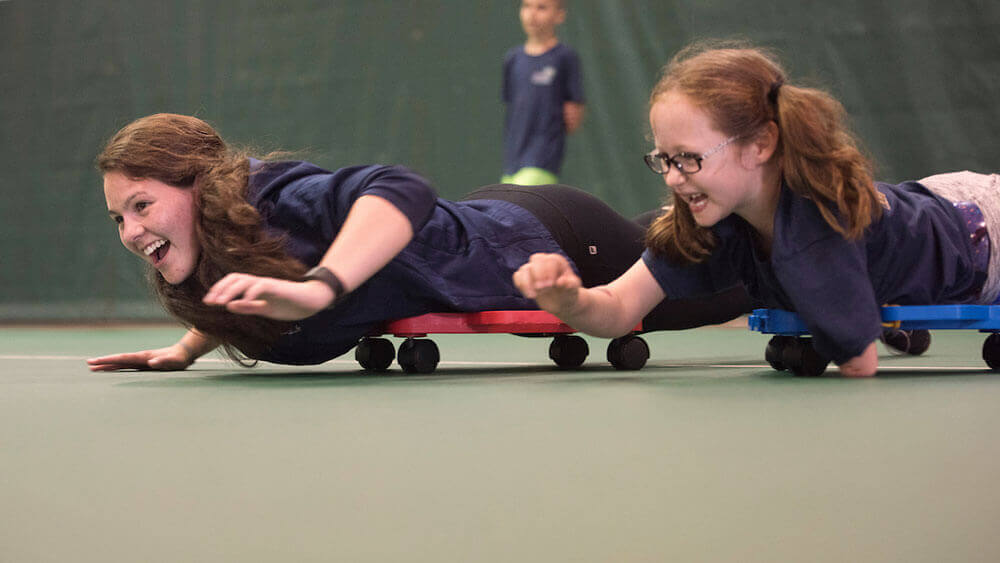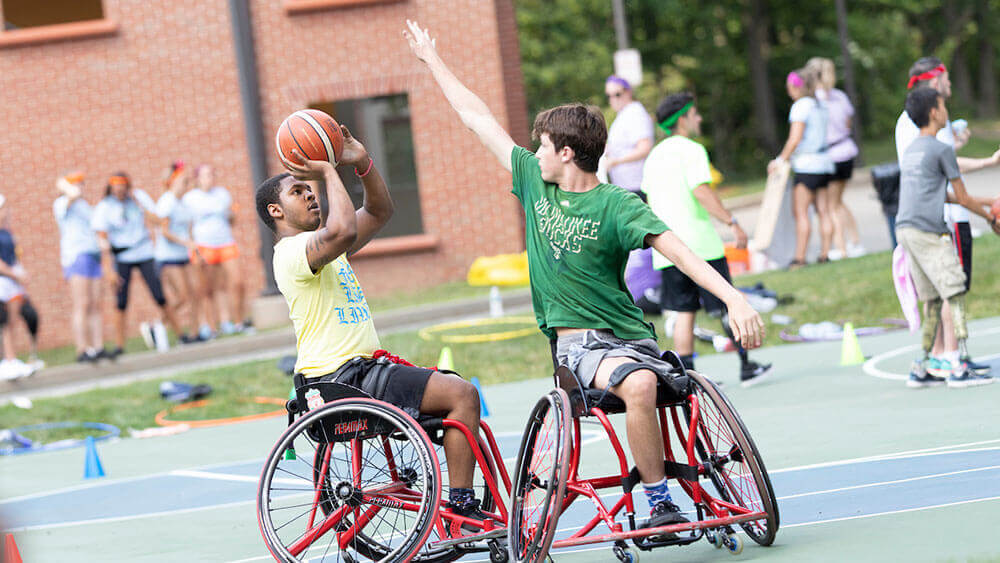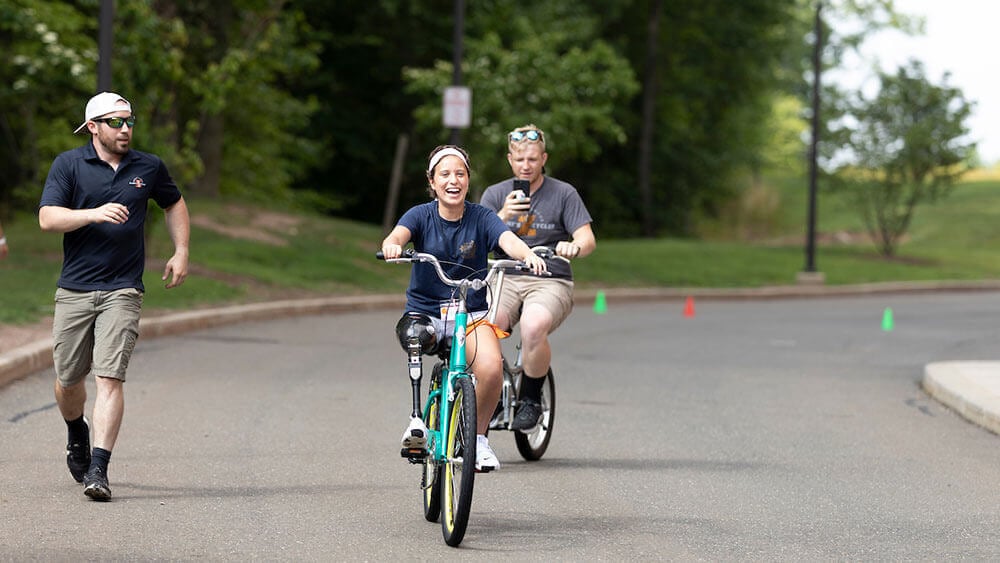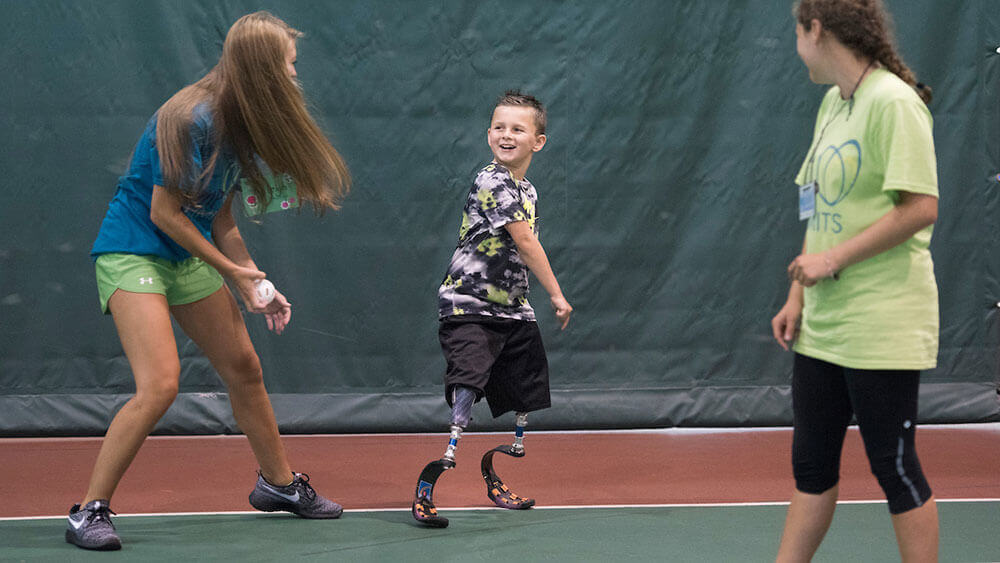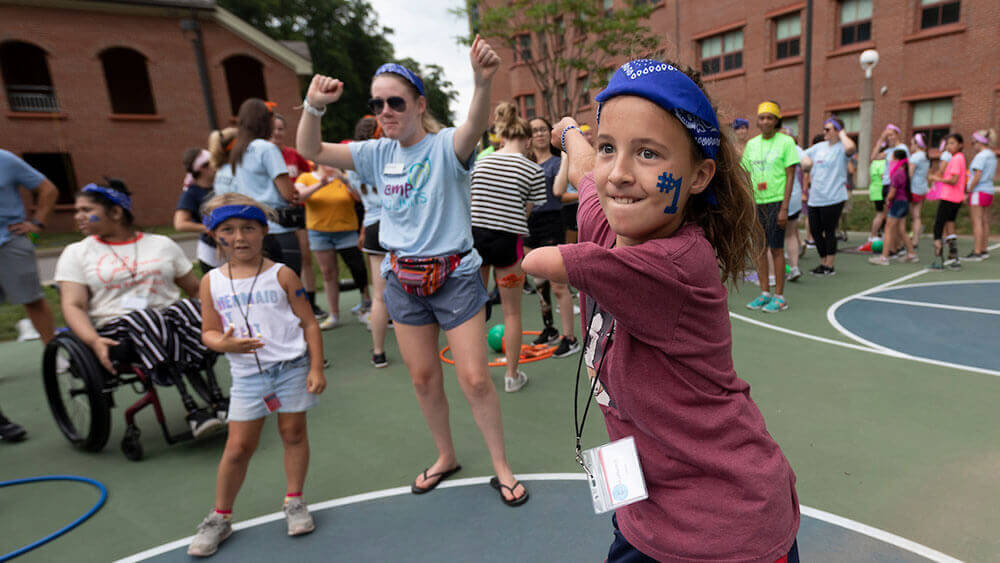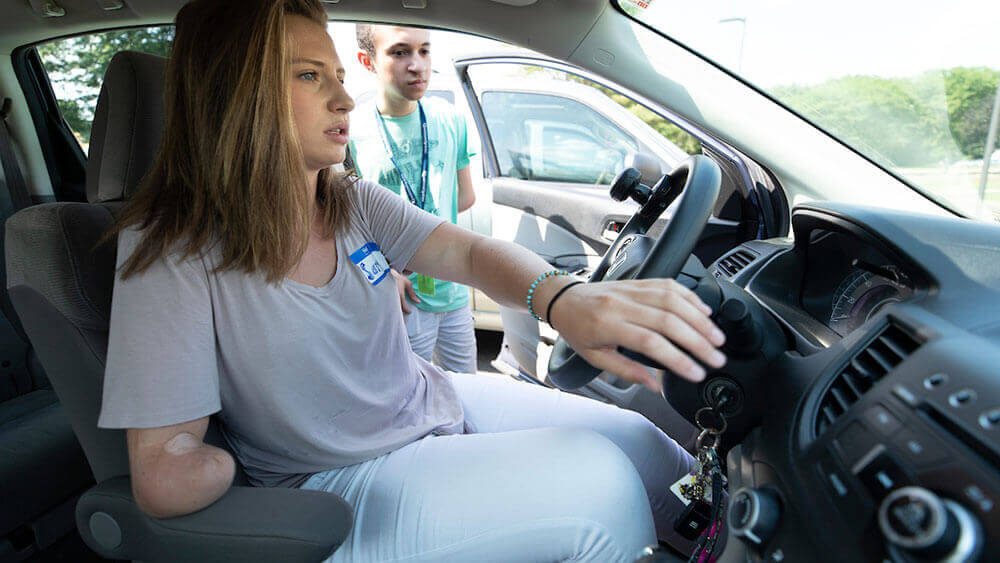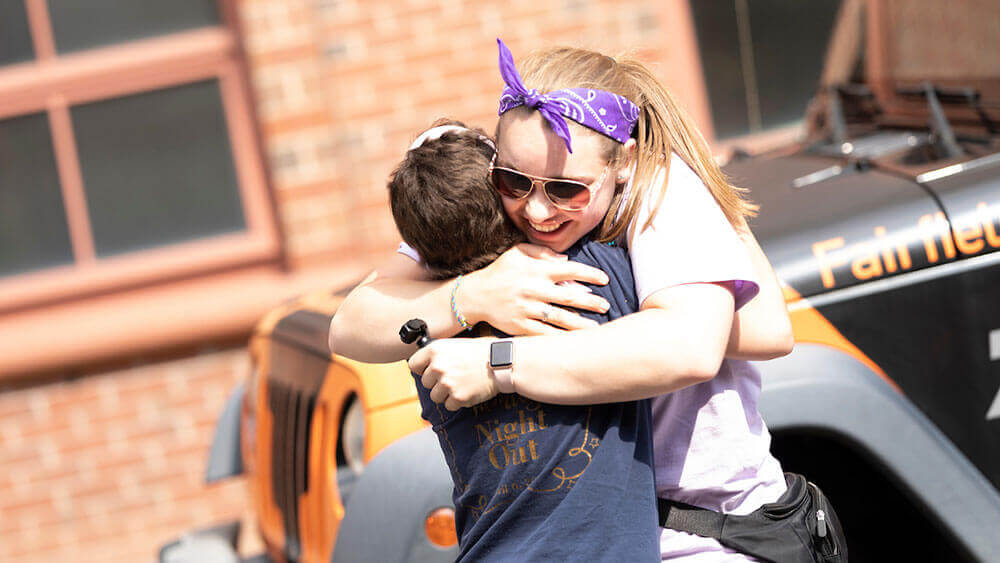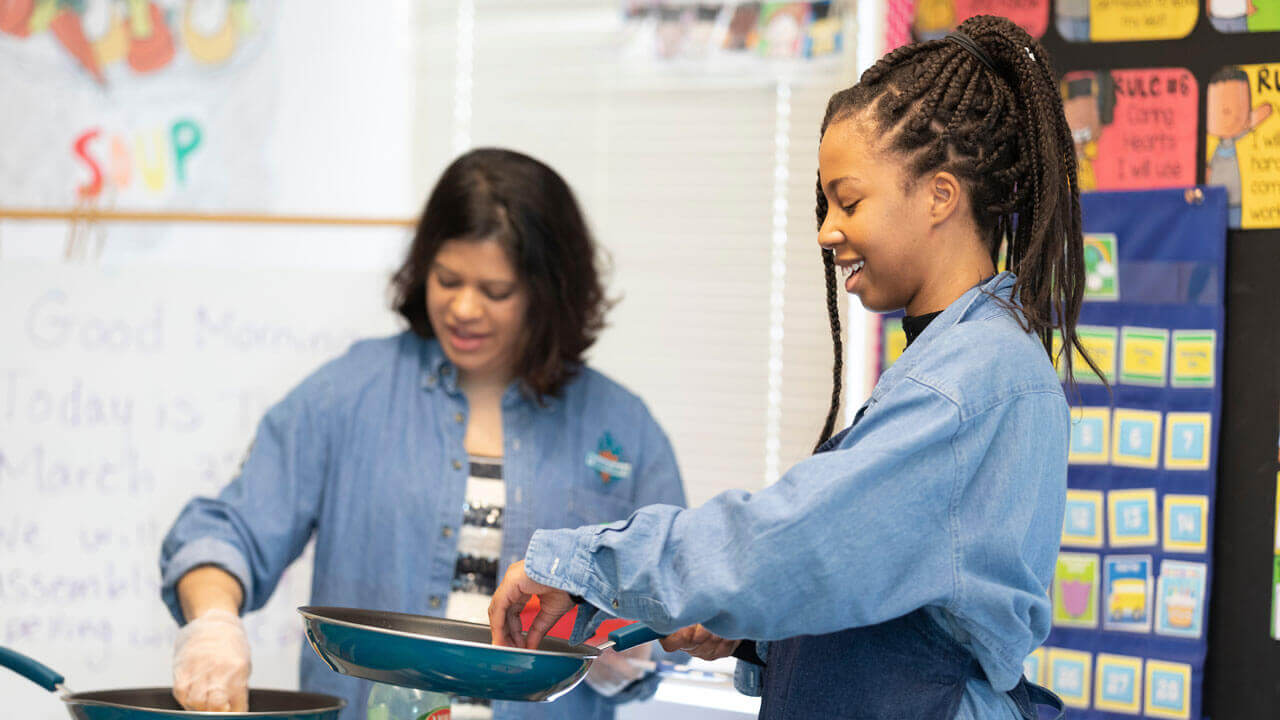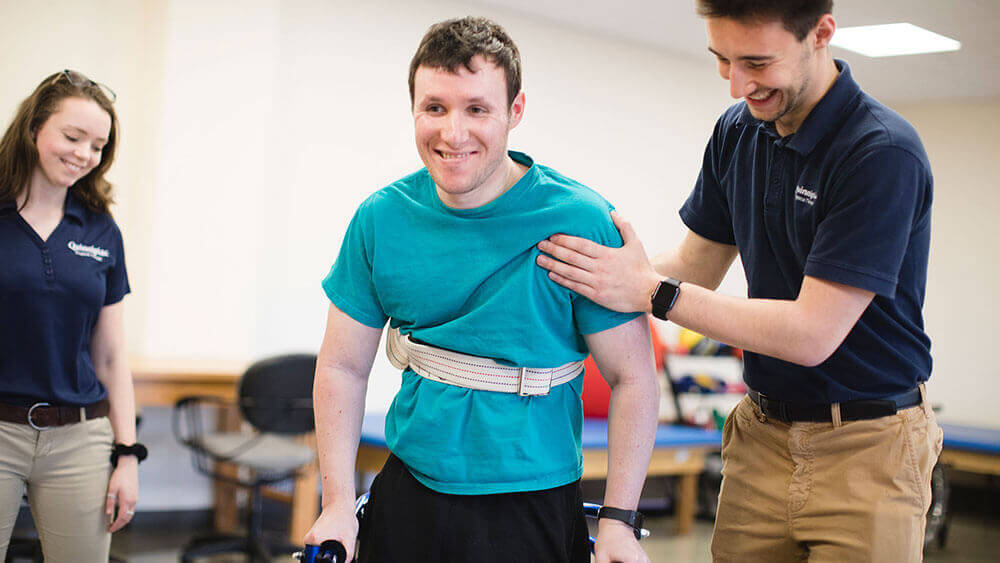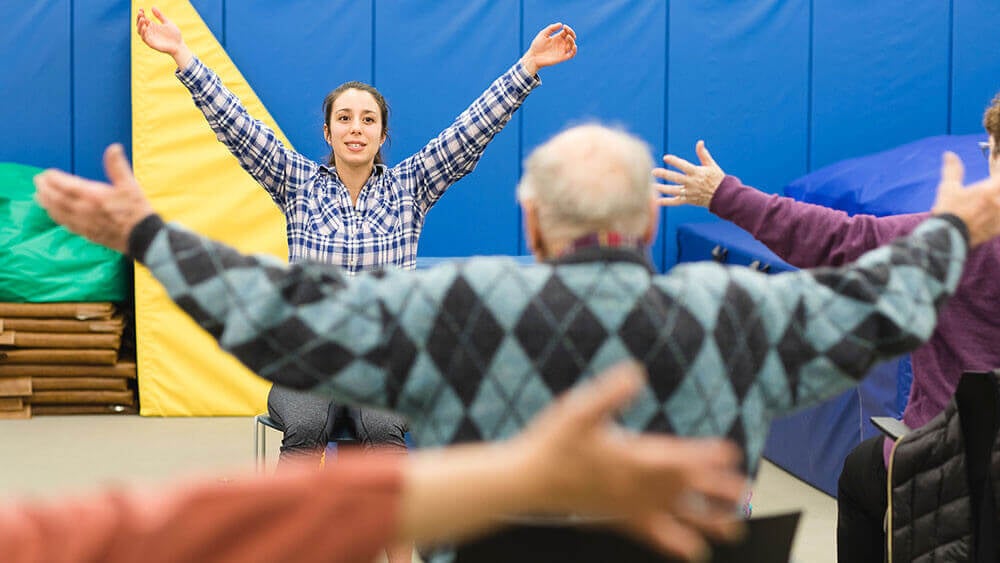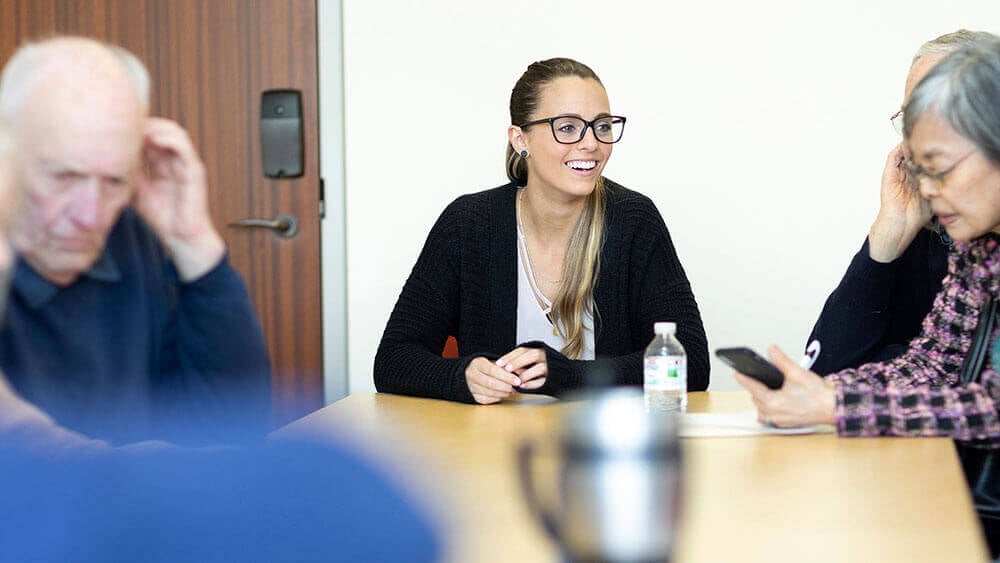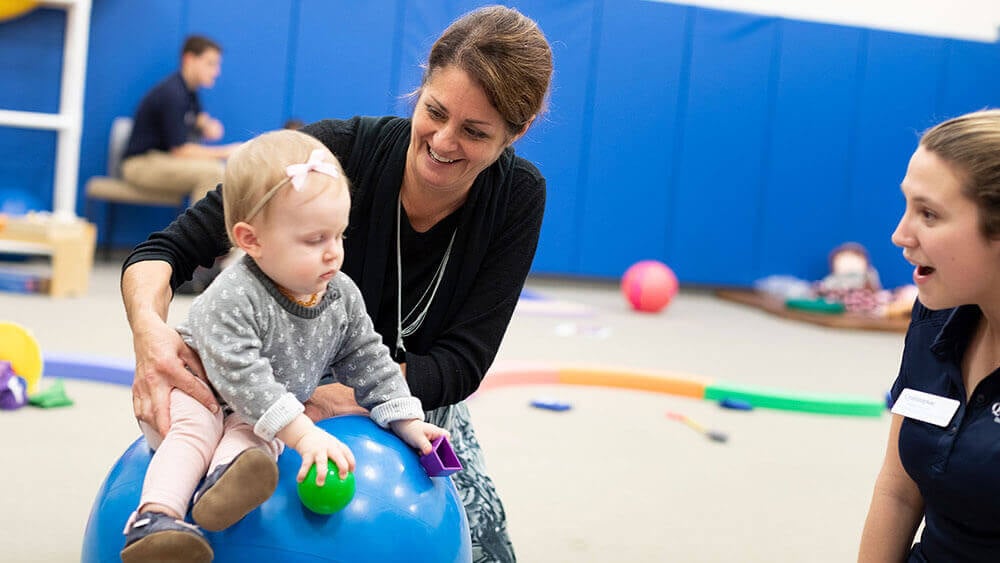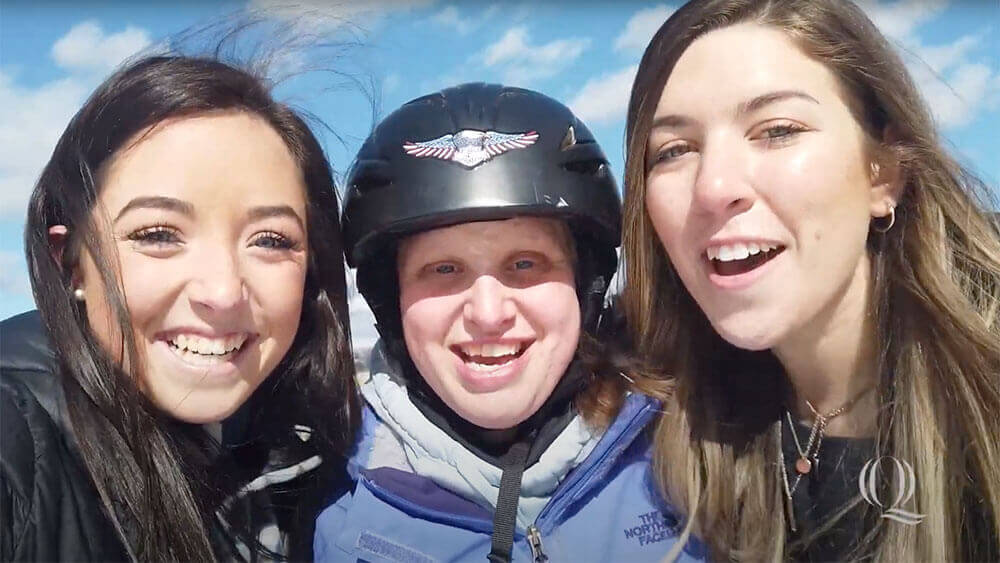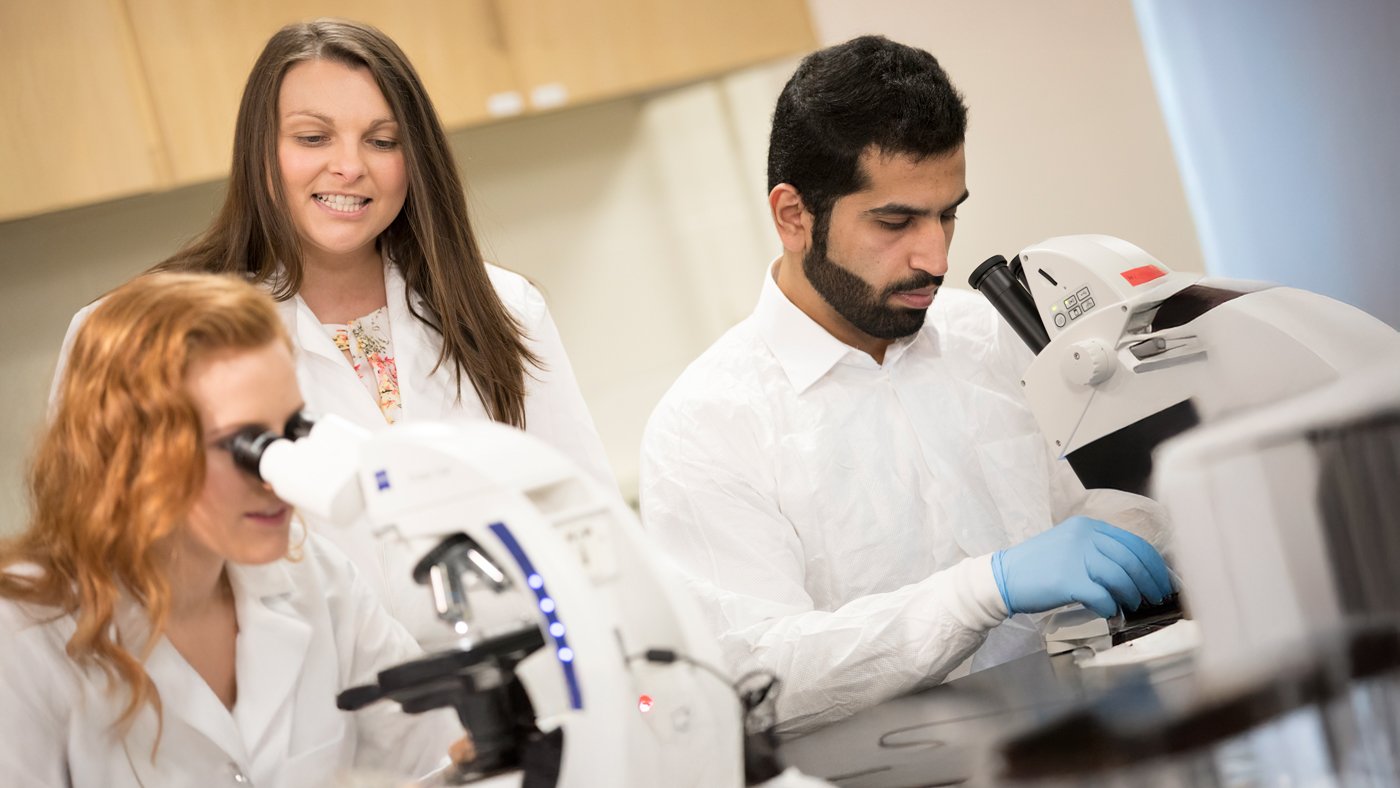School of Health Sciences
Our Work and Research
Our students never miss an opportunity to put our philosophy of patient-centered care and evidence-based research into practice. They provide pro-bono physical and occupational therapy services to uninsured local citizens at our student-run clinics. They earn National Institutes of Health (NIH) grants and collaborate with their professors on immersive medical research. Thanks to our global partnerships, they bring crucial health services to countries such as Guatemala, Haiti, Nicaragua and the Philippines.
Actively making a difference
You can find our award-winning faculty sharing their expertise with the national press, publishing in the most respected peer reviewed journals and even testifying before the United Nations. Our alumni continue to raise the standard for compassionate and professional health care around the globe. They are working to fight diseases and improve human health through research and the promotion of new evidence-based practices.
Camp No Limits
Every year Quinnipiac University hosts Camp No Limits, an annual event that supports children affected by limb loss and their families. In 2015, Quinnipiac became the first and only institution of higher education in the country to host Camp No Limits.
The camp is purposefully designed to increase the functional independence of children living with limb loss. Camp participants and their families experience a network of support through adaptive recreational activities and life skills programs. The activities are led by physical and occupational therapists, prosthetists, Quinnipiac students and faculty, and teen and adult amputee mentors.
“Camp No Limits really gives us a sense of community,” said Kim Hartmann, a professor of occupational therapy and director of the Center for Interprofessional Healthcare Education. “Everyone just comes together and makes these incredible bonds. That’s the biggest reward that people feel.”
Skiers Unlimited
Students in the School of Health Sciences regularly team up with their peers in the Frank H. Netter MD School of Medicine to teach children with disabilities how to ski.
It’s all part of the 7-week Skiers Unlimited program, which dates back more than 30 years. During the program, volunteers use adaptive equipment such as snow sliders, outriggers and tethers to help the children control balance as well as turns and speed.
“With a lot of the kids, you can see the confidence building,” said Steve Balcanoff, manager of non-clinical community programs at Connecticut Children’s Medical Center. “They feel enthused and proud. The parents will tell you it’s making an impact at school and in the home. Frequently, the parents get inspired to learn how to ski when they are out here. It can have a lasting effect on families.”
Quinnipiac became involved with the program 2 decades ago when Richard Albro, now associate professor of physical therapy emeritus, discovered the ski program while on sabbatical and was so impressed that he got students involved.
“It is great for our students to see the kids in a holistic manner and just having fun like other kids,” said Martha Sanders, associate professor of occupational therapy. “It’s really one of the goals of therapy that we rarely get to see.”

